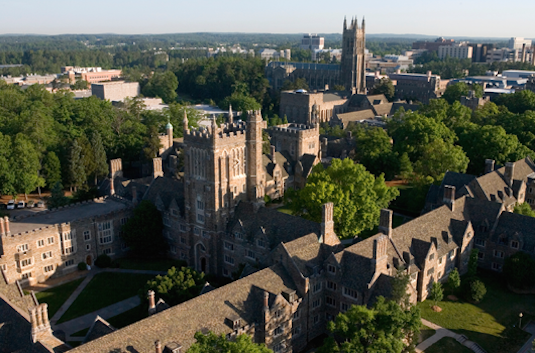Bright Mergers in a Dark Universe: The New Searches for Optically Bright Gravitational Wave Progenitors

Speaker: Nora Sherman (University of Michigan)
When/Where: 2:00pm (ET), Dec. 07 / PHY 298
Title: Bright Mergers in a Dark Universe: The New Searches for Optically Bright Gravitational Wave Progenitors
Abstract:
In the new era of multi-messenger astronomy, the mergers of dead star remnants like neutron stars and black holes present vast opportunities for both cosmological and astrophysical discovery. Mergers that produce optical emission provide a novel measurement of the Hubble Constant that does not suffer from the same systematics present in other approaches, providing a potential avenue for relieving the Hubble Tension in these measurements. While gravitational wave progenitors containing neutron stars are best predicted (or known) to produce electromagnetically bright counterparts, binary black hole mergers, under complex conditions, have the potential to do so as well, and the discovery of such an optically bright merger would not only allow for a more rapid and statistically significant standard siren measurement of the Hubble Constant but would also introduce a new avenue for the astrophysical study of these mergers. With the fourth observing run (O4) the LIGO/Virgo/Kagra collaboration underway, we are preparing for multitudes more data that will lead to these discoveries. In this talk, I will discuss the Dark Energy Survey Gravitational Wave group's approach to finding and studying these mergers and work toward and during O4 as well as dive into how binary black hole coalescence might lead to an optically bright counterpart and my on-going work on this front.
Zoom link: https://duke.zoom.us/j/274326260?pwd=bXdrYXFaNEZSSzdBUGNBQmxNTU5DUT09






